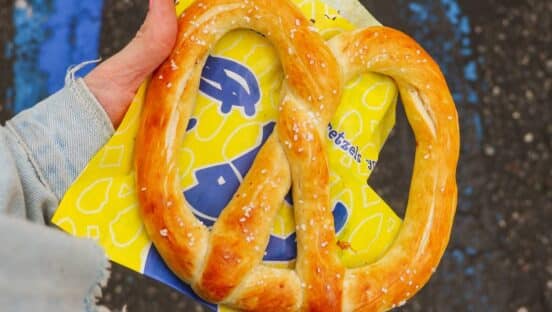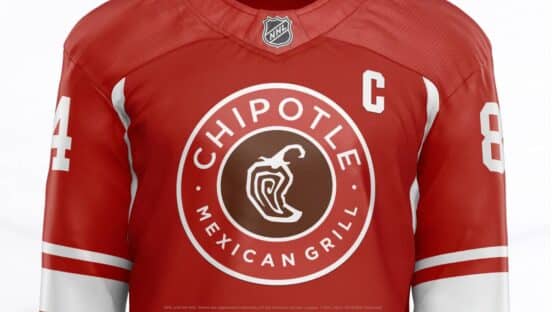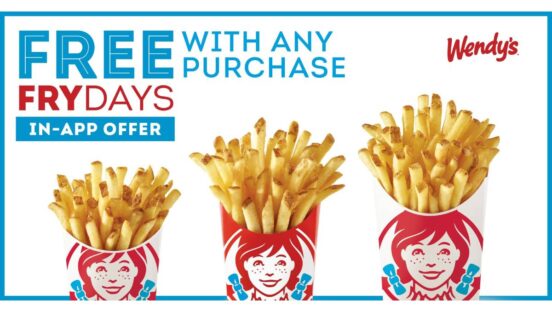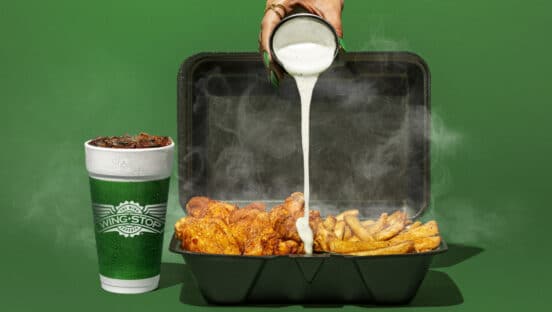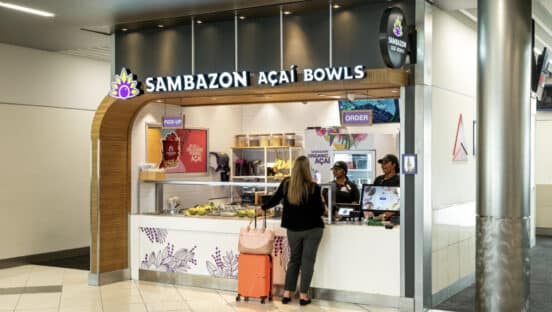It wasn’t all that long ago that only a small number of restaurant owners and chefs considered sustainability an essential aspect of their businesses.
How times have changed.
These days, environmental sustainability is a major objective in foodservice, regularly near the top of the National Restaurant Association’s (NRA) annual “What’s Hot” trend forecast.
For the restaurant industry, sustainability encompasses a wide range of categories: food sourcing, water and energy conservation, design, packaging, composting, recycling, eliminating certain additives and chemicals, and preventing food waste.
The trend even extends to food carts in New York that are being equipped with sustainable features, such as solar panels.
Not surprisingly, the topic is a focus at this year’s NRA Show in Chicago, not just in the new products and ideas being displayed and discussed on show floor, but also in chef demonstrations and educational sessions to help restaurant operators become greener.
In one session, “Why Focusing on the Plant and People Builds Profits,” the panelists discussed how conservation attracts guests and builds consumer and employee confidence.
“It is relevant to us,” says Roger McClendon, chief sustainability officer for Louisville, Kentucky-based Yum! Brands, parent of KFC, Pizza Hut, and Taco Bell. “To run our operation properly, you have to think about the whole value chain.”
Sustainability is part of the overall corporate responsibility effort a company or restaurant operator puts into place, and recognizing the bottom line is not the only thing that matters, he adds. It’s a combination of people, community, and profit.
Emilio Tenuta, vice president of corporate sustainability for Ecolab, the energy and hygiene technology and services company, focused on issues surrounding water conservation and providing safe, clean, healthy, and affordable water.
Looking at drought situations that exist in the U.S. and around the world, and the projected increase in urbanization, he says, “it’s a topic that is going to increase in the foodservice industry as something that needs to be managed.”
One of Yum’s goals is requiring new company-owned restaurants to be 100 percent green by the end of 2015, and that is for units all over the world, McClendon said during an interview after the session. “It’s something we’re super focused on.”
While the term green is typically used for environmental projects and goals, at Yum it’s called Blueline—named for that slim line of blue that makes up the atmosphere of Earth as seen from space.
Yum is the second largest restaurant company in the world in terms of the number of green buildings built or in the pipeline, with 23-LEED certified restaurants open and 30 in the pipeline, McClendon says.
“We spent a lot of time looking at what’s important for restaurants,” he adds. His team culled down the information “to what really matters and what has the right return on investments and at the same time has the impact we’re looking for with reduction in water, energy use, and all the other components.”
There are dozens of companies at this year’s show displaying different equipment, products, and services to reduce restaurants’ carbon footprints.
Among the most interesting is the team of Texas-based Aloterra Energy and World Centric of Petaluma, California. World Centric is marketing and designing compostable foodservice ware made with a process created by Aloterra that uses miscanthus, a hybrid crop harvested on non-food producing farmland near Ashtabula, Ohio.
“We work with local farmers, and chose an area with very poor soil that can’t grow food crops like corn or beans,” says Scott Coye-Huhn, senior vice president of corporate development and chief legal officer. “It gives the farmers a new cash crop.”
Aloterra also put production facilities within 50 miles of the crop, creating additional jobs processing the plants into pulp and then making the clamshell carriers and other items.
World Centric, which began as a nonprofit entity, already sells a number of eco-friendly food ware items, including carriers, plates, and utensils. It will start selling the new miscanthus ones this fall.
“Our designs are based on all the iterations we’ve done in the past,” says company founder and chief executive Assem Das. And the products are all compostable. “This is a conscious choice we’ve made.”
Other interesting green products include American-made paper straws from Aardvark, a division of Fort Wayne, Indiana-based Precision Products Group Inc. that don’t get soggy or leak.
Statistic of the day: 9.5. That’s how many miles you need to walk to see all the exhibits. Add in another quarter mile for the coinciding Bar15 area with alcoholic beverage related booths.
By Barney Wolf

